Book Review: The Girl in the Red Boots
Books and articles about mother-daughter relationships intrigue me and so when I heard from a friend about the “Red Boots” book (as we call it), I ordered it and read it in one day cover to cover.
Dr. Judith Rabinor struggles with a difficult relationship with her mother from early childhood. She tells of the time her mom told her she was going to a cousin’s birthday party and little Judy got ready in her favorite outfit. Later her mom picked Judy up from school and took her to the hospital to have her tonsils out. Needless to say, Judy was traumatized by this turn of events. Seeing the nurse in the pre-op room as her mom disappeared from sight horrified her. And years later she first brought it up to her mom, to which her mom explained blithely “that’s what we were advised by the pediatrician. We didn’t want to worry you with unnecessary anxieties.”
The book is a mixture of Judy’s reconciliation with her mother over time as an adult. She never actually breaks off from her ties with her mom and devotes her later years to being caregiver of her mom.
I found that extreme relatable. The attempt to make sense out of the relationship, to constantly try to fix things, seems more common from my standpoint than the common trend these days of adult children who alienate from their mom or dad.
The main arc of the memoir was the fact that Judy became a psychologist and in her practice and specialty of working with eating disorders and mother daughter relationships, she found the compassion within her to understand her own mom and to work through her resentments.
Judy’s issues with her mom stemmed from her totally different nature from her mom. That often is the case as mothers and daughters are sometimes not a “good fit.” Her mother was somewhat Pollyanna like and Judy was bothered by her moms lackadaisical attitude towards Judy’s deeper hurt.
The eating disorder layer throughout the memoir was important because much of what moms and daughters fight about is weight and food and eating. Since food is the one thing only the person can control, these issues become a battle and affect the child’s need for independence and individuation.
One turning point in the story was when Judy invited her mom to come with her to the show of Sally Jesse Rafael where Judy was the guest psychologist. While she thought her mom would embarrass her – her mom in fact was expressive and emotional and from the audience praised her daughter without disclosing that it was her daughter.
This book sheds light on the human relationship of mother daughter and the ability to heal through helping others. A therapist helps her clients and in the process helps herself.

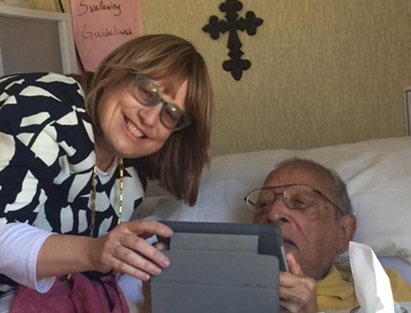
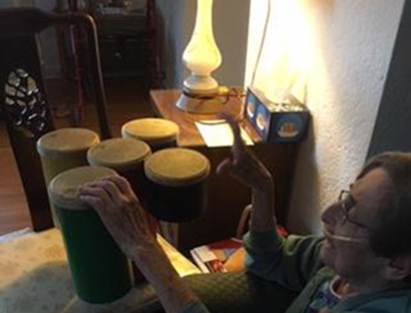
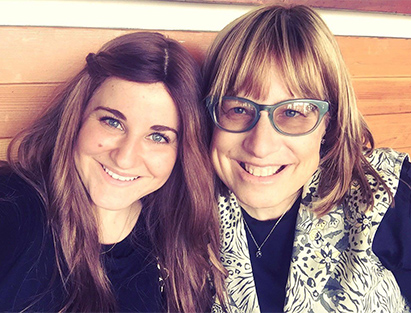
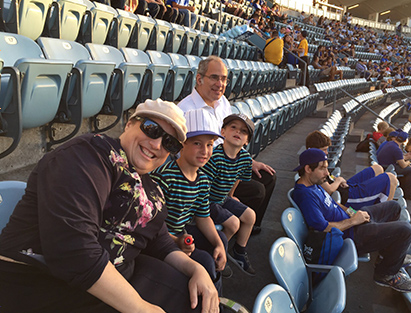
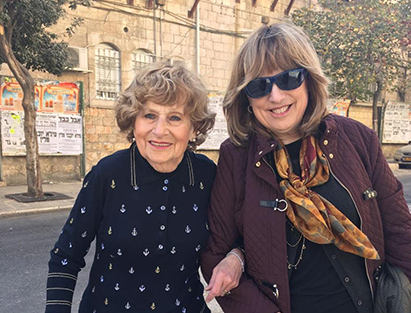

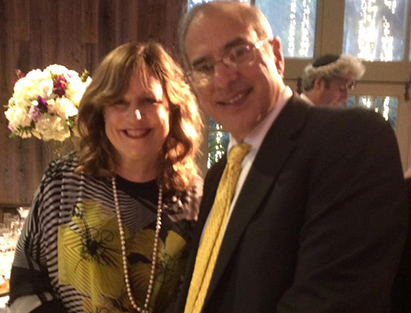
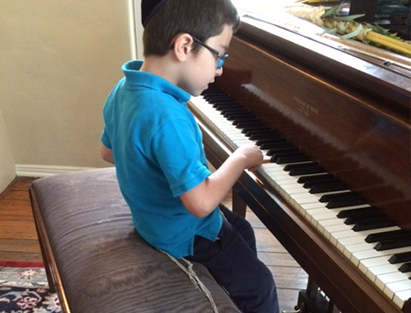
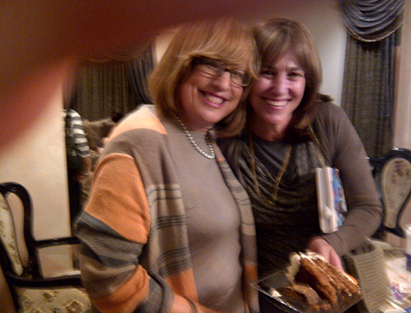
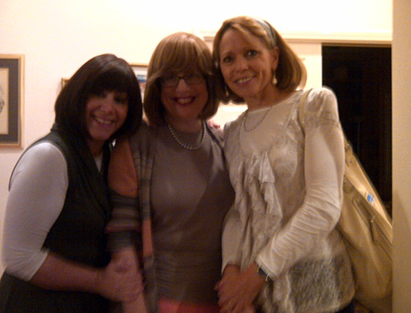
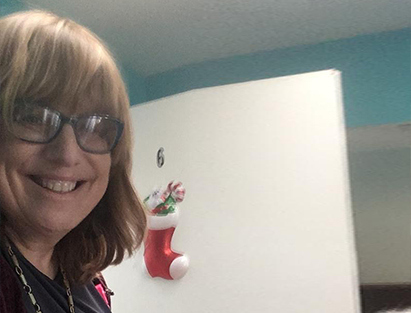
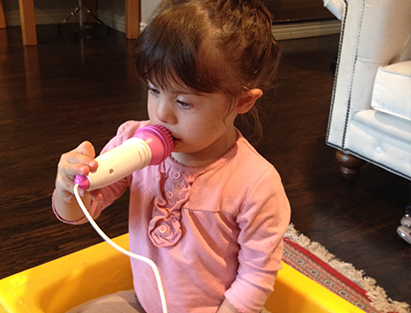
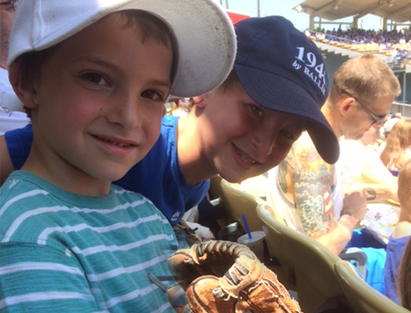
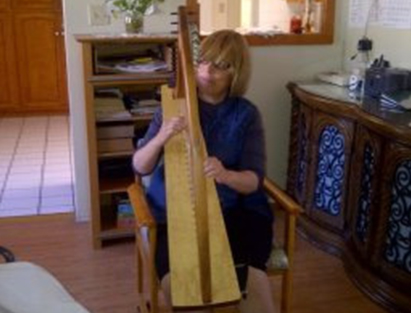

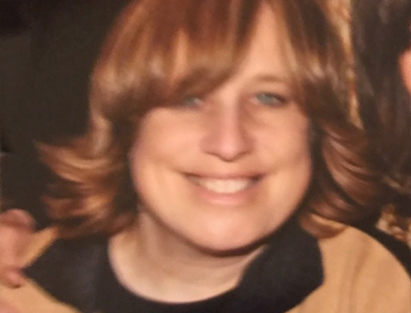
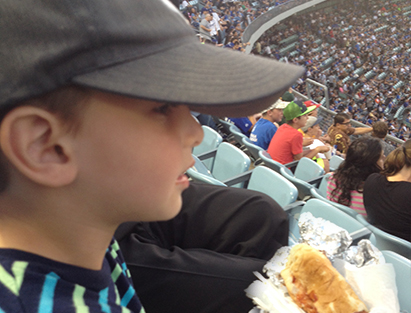
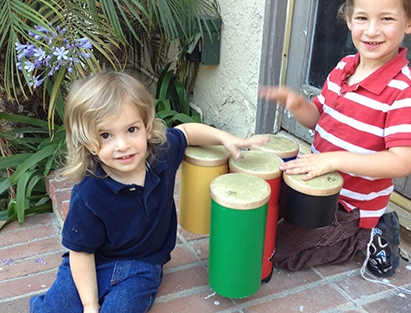
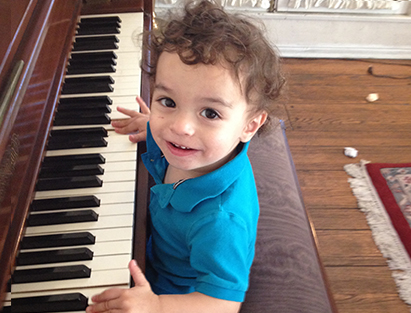
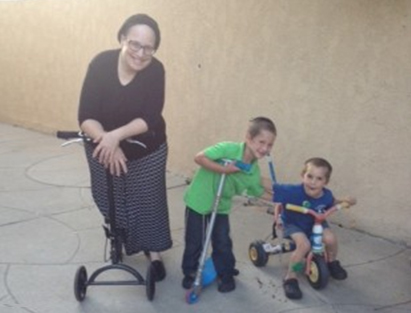
Great, incisive points Miriam Hendeles. I read the book, too.
Thank you, Faigie! That means a lot!
I read the book, too. It did not have too much extraneous detail like I sometimes find lately in autobiographies. For me it was particularly interesting bc I remember the author’s brother JOhn Ruskay from his time as the CEO of UJA-FedNY and reading about the family gave me context. Judith did not tell much about her brother and respected his privacy but the growing connection to Judaism and liberal causes was there.
Agreed, Faigie, thanks for your comment